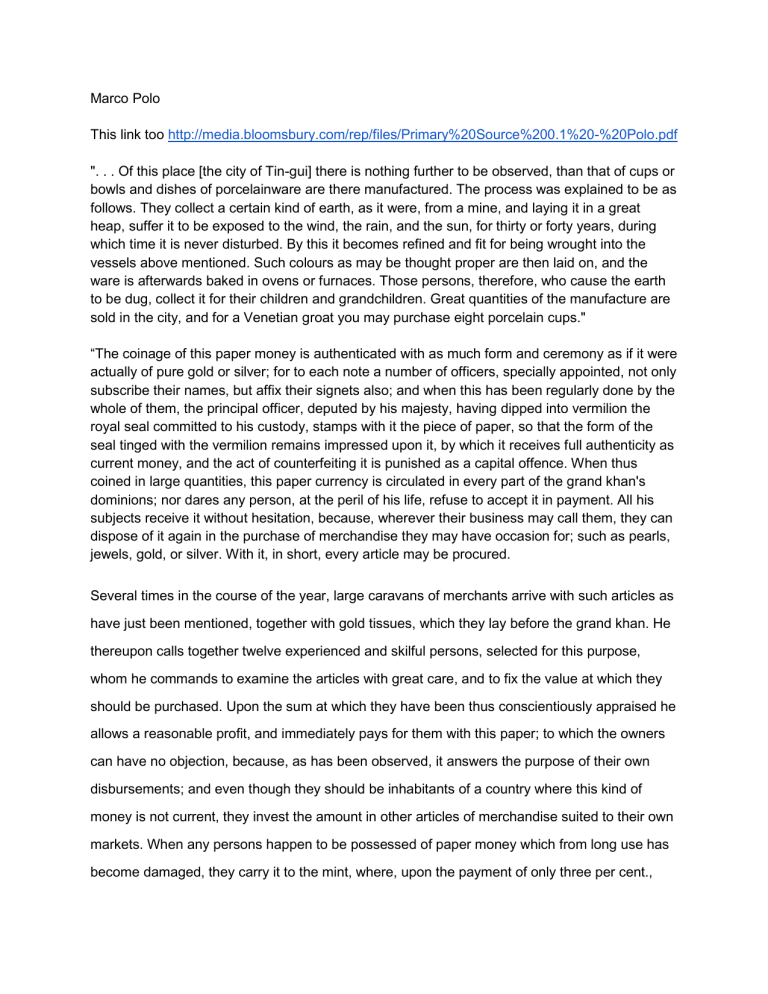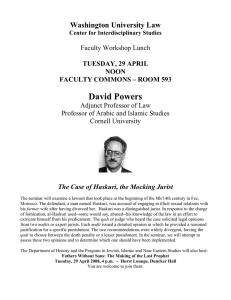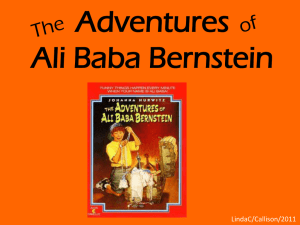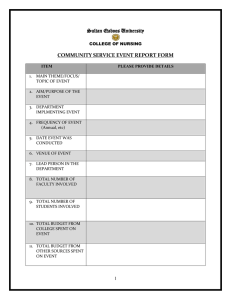
Marco Polo This link too http://media.bloomsbury.com/rep/files/Primary%20Source%200.1%20-%20Polo.pdf ". . . Of this place [the city of Tin-gui] there is nothing further to be observed, than that of cups or bowls and dishes of porcelainware are there manufactured. The process was explained to be as follows. They collect a certain kind of earth, as it were, from a mine, and laying it in a great heap, suffer it to be exposed to the wind, the rain, and the sun, for thirty or forty years, during which time it is never disturbed. By this it becomes refined and fit for being wrought into the vessels above mentioned. Such colours as may be thought proper are then laid on, and the ware is afterwards baked in ovens or furnaces. Those persons, therefore, who cause the earth to be dug, collect it for their children and grandchildren. Great quantities of the manufacture are sold in the city, and for a Venetian groat you may purchase eight porcelain cups." “The coinage of this paper money is authenticated with as much form and ceremony as if it were actually of pure gold or silver; for to each note a number of officers, specially appointed, not only subscribe their names, but affix their signets also; and when this has been regularly done by the whole of them, the principal officer, deputed by his majesty, having dipped into vermilion the royal seal committed to his custody, stamps with it the piece of paper, so that the form of the seal tinged with the vermilion remains impressed upon it, by which it receives full authenticity as current money, and the act of counterfeiting it is punished as a capital offence. When thus coined in large quantities, this paper currency is circulated in every part of the grand khan's dominions; nor dares any person, at the peril of his life, refuse to accept it in payment. All his subjects receive it without hesitation, because, wherever their business may call them, they can dispose of it again in the purchase of merchandise they may have occasion for; such as pearls, jewels, gold, or silver. With it, in short, every article may be procured. Several times in the course of the year, large caravans of merchants arrive with such articles as have just been mentioned, together with gold tissues, which they lay before the grand khan. He thereupon calls together twelve experienced and skilful persons, selected for this purpose, whom he commands to examine the articles with great care, and to fix the value at which they should be purchased. Upon the sum at which they have been thus conscientiously appraised he allows a reasonable profit, and immediately pays for them with this paper; to which the owners can have no objection, because, as has been observed, it answers the purpose of their own disbursements; and even though they should be inhabitants of a country where this kind of money is not current, they invest the amount in other articles of merchandise suited to their own markets. When any persons happen to be possessed of paper money which from long use has become damaged, they carry it to the mint, where, upon the payment of only three per cent., they may receive fresh notes in exchange. Should any be desirous of procuring gold or silver for the purposes of manufacture, such as of drinking−cups, girdles, or other articles wrought of these metals, they in like manner apply at the mint, and for their paper obtain the bullion they require. All his majesty's armies are paid with this currency, which is to them of the same value as if it were gold or silver. Upon these grounds, it may certainly be affirmed that the grand khan has a more extensive command of treasure than any other sovereign in the universe.” Ibn Battuta tells us several times that he was given or purchased slaves. He also describes very briefly how slaves were taken and given as gifts: “The Sultan of Kilwa was called 'the generous' "on account of the multitude of his gifts and acts of generosity. He used to engage frequently in expeditions to the land of the Zinj people [villagers of the interior], raiding them and taking booty [slaves and other wealth]... He is a man of great humility; he sits with poor brethren, eats with them, and greatly respects men of religion and noble descent." An Account of the Sultan of Mogadishu ..his name is Abu Bakr son of shaikh 'Umar. He is in origin from the Barbara, and his speech is Maqdishi [Somali?], but he knows the Arabic tongue. It is customary when a ship arrives for the sultan's sunbuq [official] to go out to it. Questions are then asked about the ship, whence it comes, who is its owner ...its captain, what its cargo and who are merchants and others has come on it. All that is ascertained and made known to the sultan. Then he gives lodging to him that deserves it near his house. [A young man from the Sultan's house] returned bringing with him a dish with some betel leaves and areca nuts on it. He gave similarly to the qadi and what remained on the dish to my travelling companions and the students... And he brought a sprinkler of Damascene rose water which he sprinkled over me and the qadi. And he said, "Mawlana commands that he lodge in the Scholars' House." The qadi took my hand and we came to that house which is near the shaikh's house. And it was bedded out and set up with what is necessary. Then he came with food from teh shaikh's house. With him was one of his wazirs [state official] who was in charge of guests. He came out of the courtyard of the mosque. He stopped at the grave of his father who was buried there. He read [from the Qur'an] and prayed. ... Their custom of greeting is like the custom of the people of the Yaman. A man puts his index finger on the ground, then raises it to his head, saying: "May God prolong your might." ... raised over his head [as he walked] four canopies of colored silk and on the top of each canopy was the figure of a bird in gold. His clothes that day were a robe of green Jerusalem stuff and underneath it fine loose robes of Egypt. ... Before him drums and trumpets and pipes were played, the amirs of the soldiers were before and behind him, and the qadi, the faqihs, the sharifs were with him. He entered his council room; in that order, the wazirs, amirs and the commanders of the soldiers sat down there in the audience chamber. [praying continued] We arrived at the island of Mombasa .... a large island with two days' journey [this is mistaken, it's much closer] between it and the land of the Sawahil [Swahili, coast]. ... Its trees are the banana, the lemon, and the citron. ... There is no cultivation of grain among the people of this island: food is brought to them from the Sawahil. The greater part of their food is bananas and fish. They are [Sunni] by rite, they are a religious people, trustworthy and righteous. Their mosques are made of wood [not true, coral], expertly built. ...He who wants to enter the mosque washes his feet and enters. ... All the people walk barefoot. aamaz



